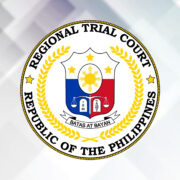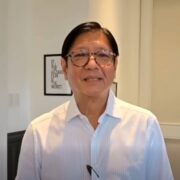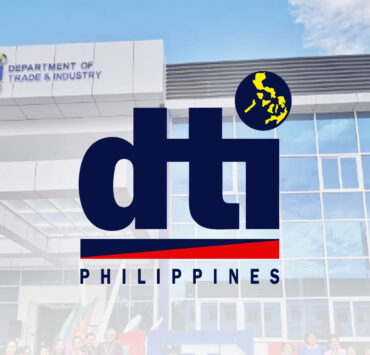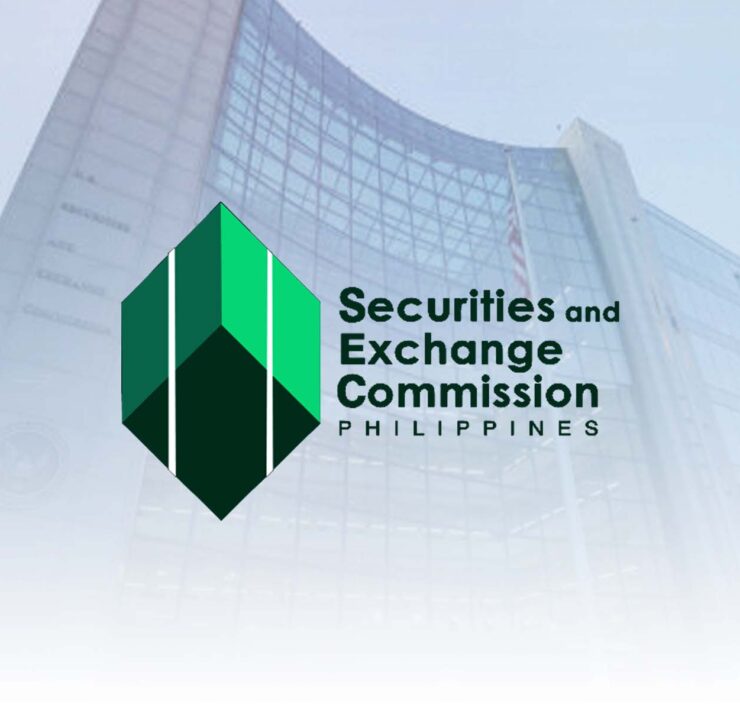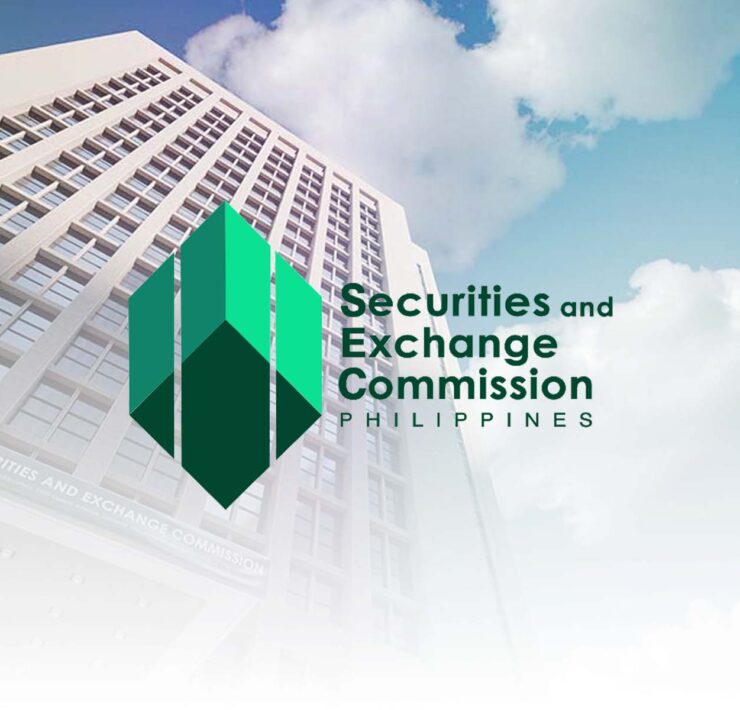Security of tenure for independent directors under study
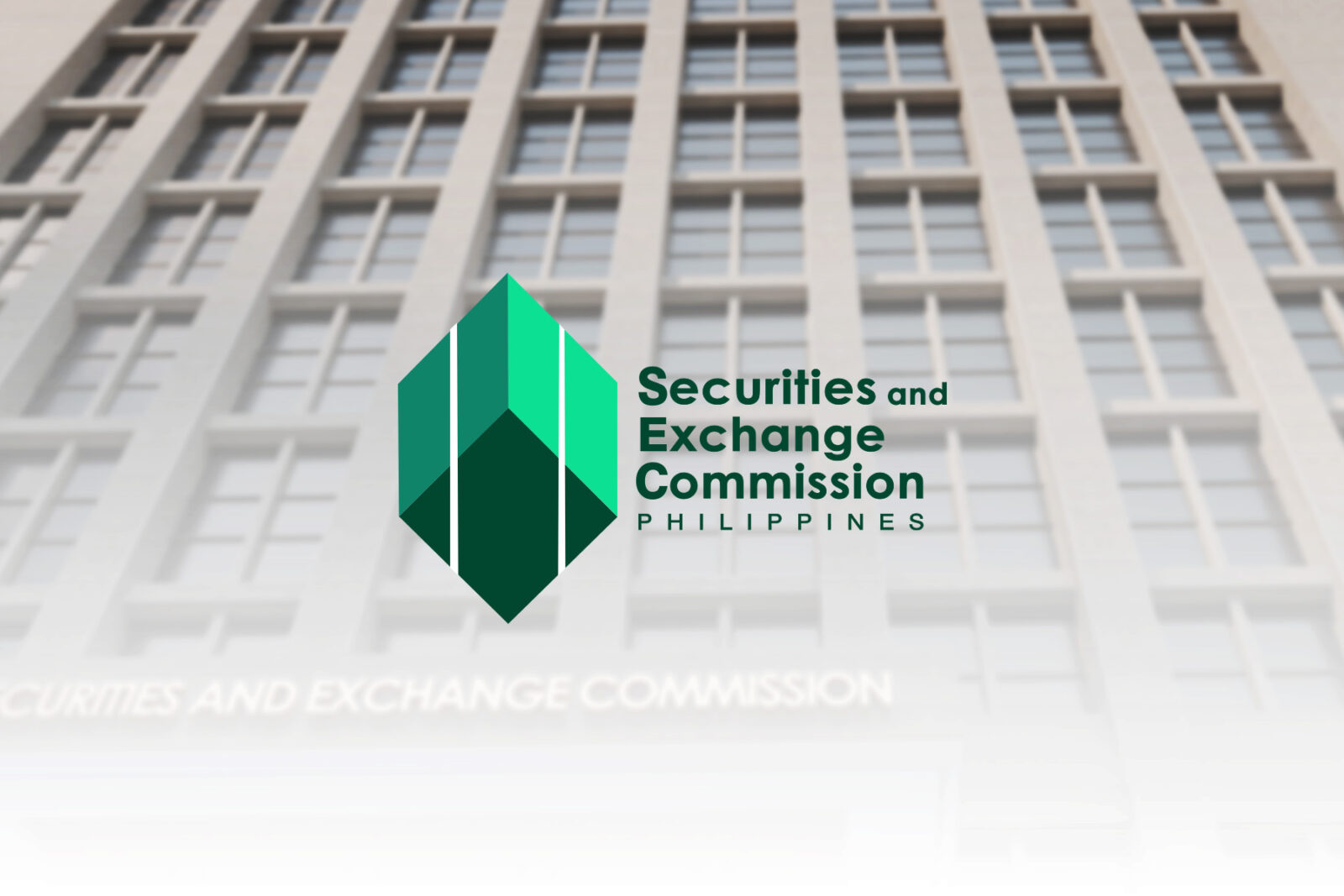
Granting security of tenure to independent directors of publicly listed companies will promote good governance while ensuring that Philippine corporations take advantage of “available talent” in the market.
Securities and Exchange Commission (SEC) Chair Francis Lim on Friday told reporters they were looking at issuing a new memorandum circular that would explicitly ensure a nine-year term, meaning independent directors cannot be removed from their post except under certain circumstances.
Under the SEC’s current rules, an independent director may serve for a maximum cumulative term of nine years. After that, they are barred from reelection in the same company.
The companies, however, are allowed to appeal this with the commission.
In pushing for a new rule granting security of tenure, Lim said this was a way of protecting directors who had different views.
“If you’re an independent director and you fight for something which you believe is right but not consistent with what the controlling shareholders say, you’re putting your tenure at risk,” he noted.
“It’s just fair for us to study whether or not to give security of tenure to independent directors,” Lim added.
Apart from this, capping a term at nine years would allow corporations to tap into “available talents in the market.”
According to Lim, independent directors whose terms have expired in one company can move to smaller companies and share their expertise while also giving opportunities to other leaders.
Governance standards
Lim last week spoke to financial executives and urged them to help close the gap in capital market development between the Philippines and its peers, particularly by upholding governance standards.
In the same forum hosted by the Financial Executives Institute of the Philippines, the chair wanted more initial public offerings in the country.
For their part, the SEC is currently in talks with the Philippine Stock Exchange regarding the listing of more government-owned and -controlled corporations and state-owned enterprises (SOEs).
Lim clarified, however, that they would have to weigh which companies were actually “listable.”
In December, the Organization for Economic Cooperation and Development found that the Philippines was the only country in Southeast Asia without SOEs, such as Land Bank of the Philippines and Development Bank of the Philippines, listed on its bourse.





